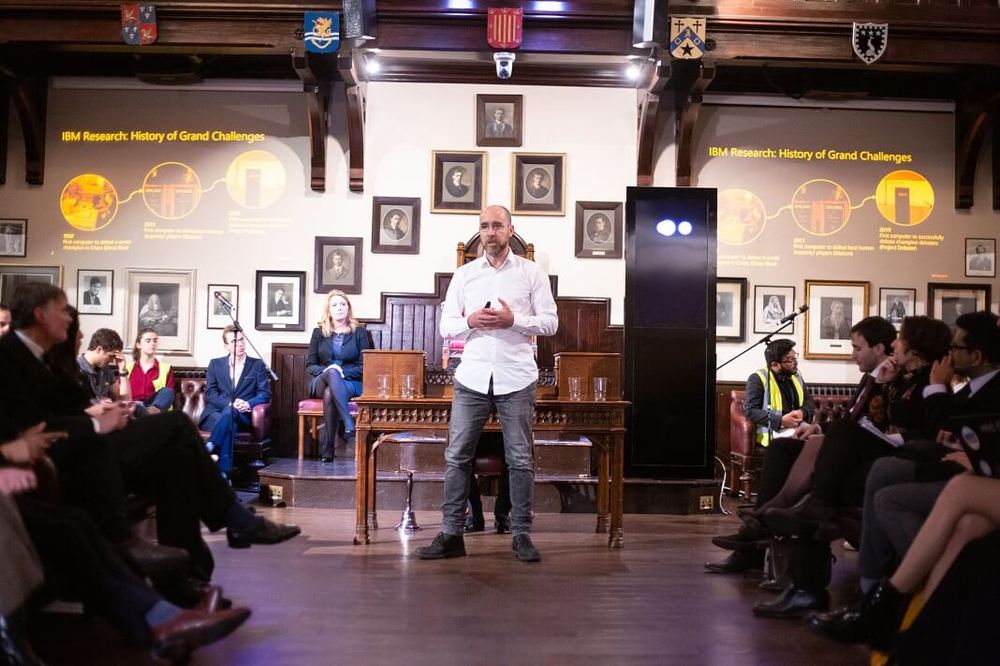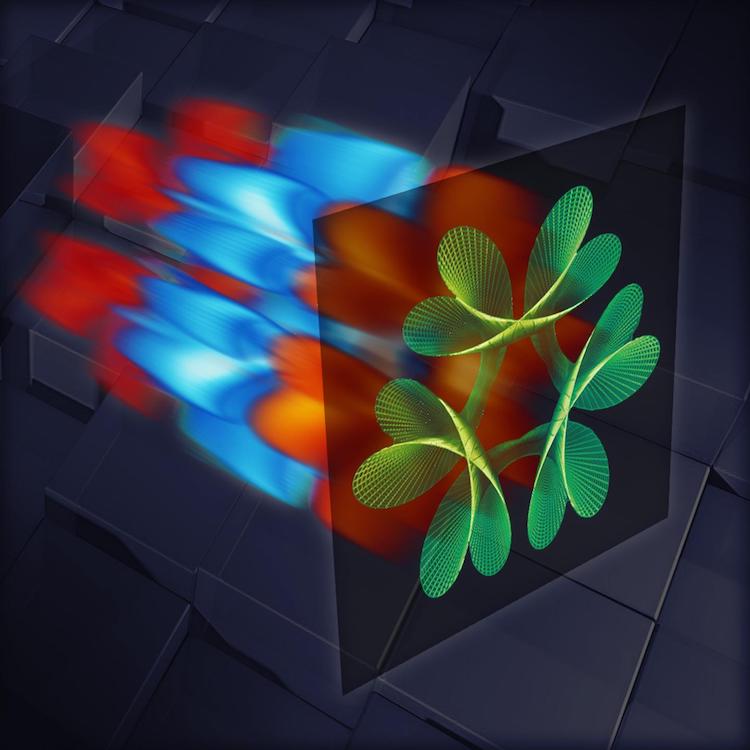Hybrid “power capacitors” that can store as much energy as lithium batteries, but with much higher charge/discharge rates, a huge range of safe operating temperatures, super-long lifespans and no risk of explosion are already in production, says a small Belgian company that’s been testing them and selling them for some time.
Chinese family-owned company Shenzhen Toomen New Energy is tough to find, at least on the English-language internet, but Belgian electronic engineer Eric Verhulst bumped into Toomen representatives on a tiny stand at the Hannover Messe expo in Germany back in 2018, while looking for next-gen battery solutions for an electric mobility startup he was running.
The Toomen team made a hell of a claim, saying they’d managed to manufacture powerful supercapacitors with the energy density of lithium batteries. “Of course, that’s an unbelievable claim,” Verhulst told us. “It’s a factor of 20 better than what, for example, Maxwell had at the time. So I took my time, went over there, looked at their tests, did some tests myself, and I got convinced this is real. So at the end of 2018, we made an agreement to become their exclusive partner.”








